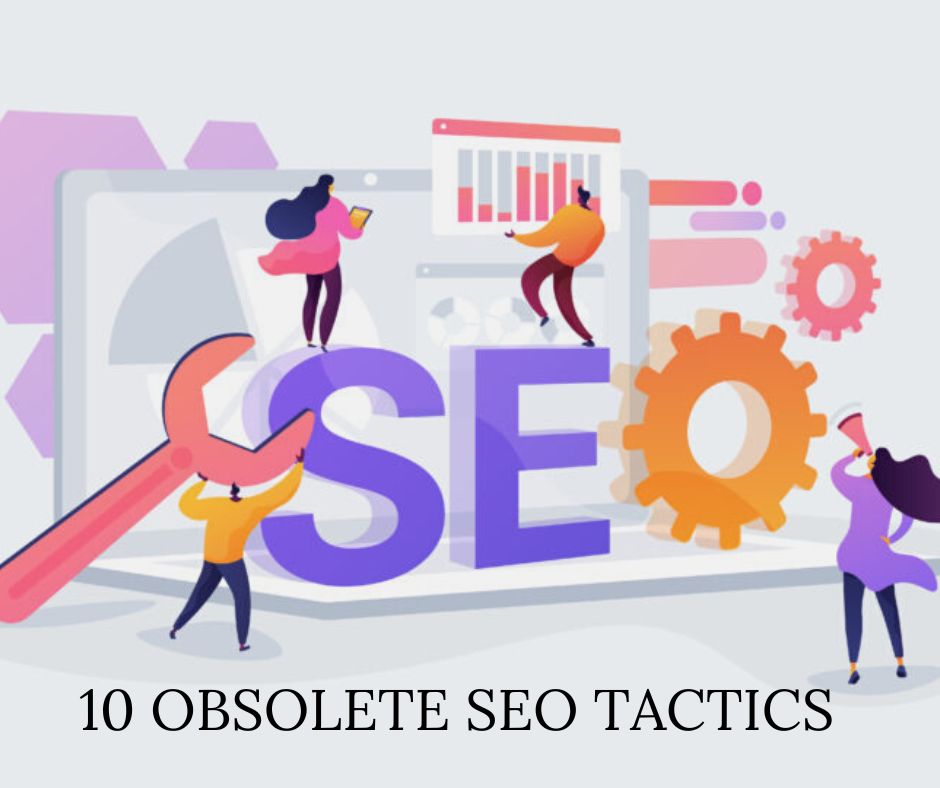For you to put your business right in front of the populace, you need several tools and ethical practices; some of which you have to subcontract out using automated tools to show up on front page.
Exact Match Domain Names
There was a time when your domain name could give you a boost over your competitors. But this tactic was so abused that Google released an algorithmic update just to target exact match domains.
Exact Match Keywords in Titles and Meta Tags
Keyword stuffed meta descriptions are as dead as an SEO tactic can be! They offer no value whatsoever, except to encourage a click through from the SERP. It’s good practice to get a call-to-action in your meta description, but stuffing it with keywords is only going to scare away users.
Meta keywords
Meta keywords have absolutely no influence on search results whatsoever. It can be good practice to include a few keywords in case your site gets scraped by some tool that still uses the meta keywords, but as far as SEO this one is just plain useless.
Building Links with Duplicate Content
This one is not only dead, it never worked very well to begin with. Google can clearly identify when a piece of content is copied, and if you submit multiple pieces of content it will, at best, ignore all but one of them.
Keyword Stuffing
This is another outdated tactic that, much like meta keywords, actually hasn’t worked for many years. There is no specific number of times you should use keyword on your page. Too much emphasis on keyword density can actually end up hurting your rankings.
“Unique” Content that Serves No Real Purpose
There was a period where “unique” meant little more than “not plagiarized”, but nowadays your content needs to be consistently creative. Google’s Panda algorithm is designed to identify how well a piece of content serves its purpose. If your content doesn’t meet it’s intended purpose for the user, or it has no purpose to begin with, it will eventually be taken down by an algorithm update or a human quality rates.
Exact Match Anchor Text Links
The anchor text of a link hasn’t lost all of it’s value, but it’s no longer the most important ranking signal out there. And if you pursue anchor text overzealously you will end up with nothing more than a penalty to show for it.
Keyword Heavy Footer Links
It doesn’t matter whether they’re outbound or internal links, keyword heavy footer links are a bad idea. The search engines now place most of the emphasis on main content, and for the part ignore links in the footer.
Site-Wide Links
Whether they’re backlinks or internal links, a link from every single page on any website is generally a bad idea, especially if it’s keyword optimized. You want a link back to your home page from every page on your site; that’s just good UI. But if site-wide links end up making large part of your backlink profile, or nearly every page on your site links to every other page, you’re just asking for trouble.
Unnatural Links
Google’s terms of service indicate that any link intended to manipulate ranking is a violation. Even quality links are in Google’s gray area if you built them yourself, in particular if the link offers little or no value outside of SEO. If there’s reason to believe that link only exist to manipulate your rankings, there’s reason for Google to disregard the links.











